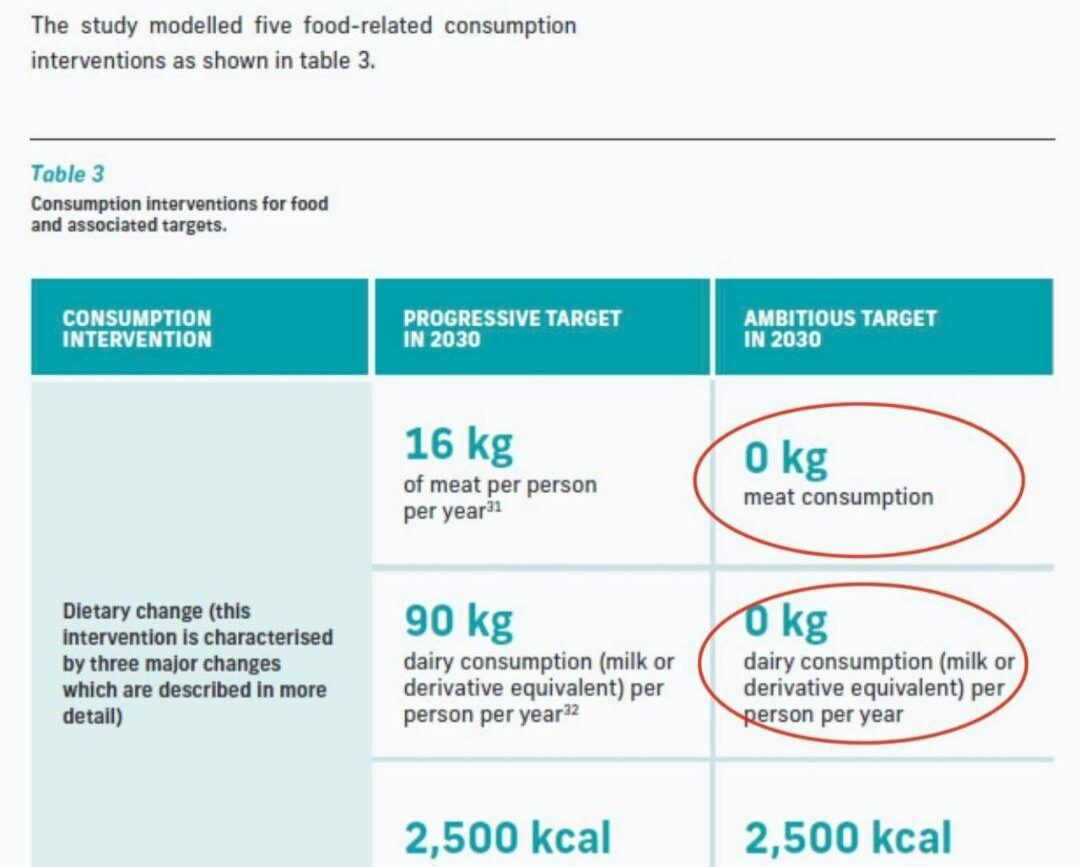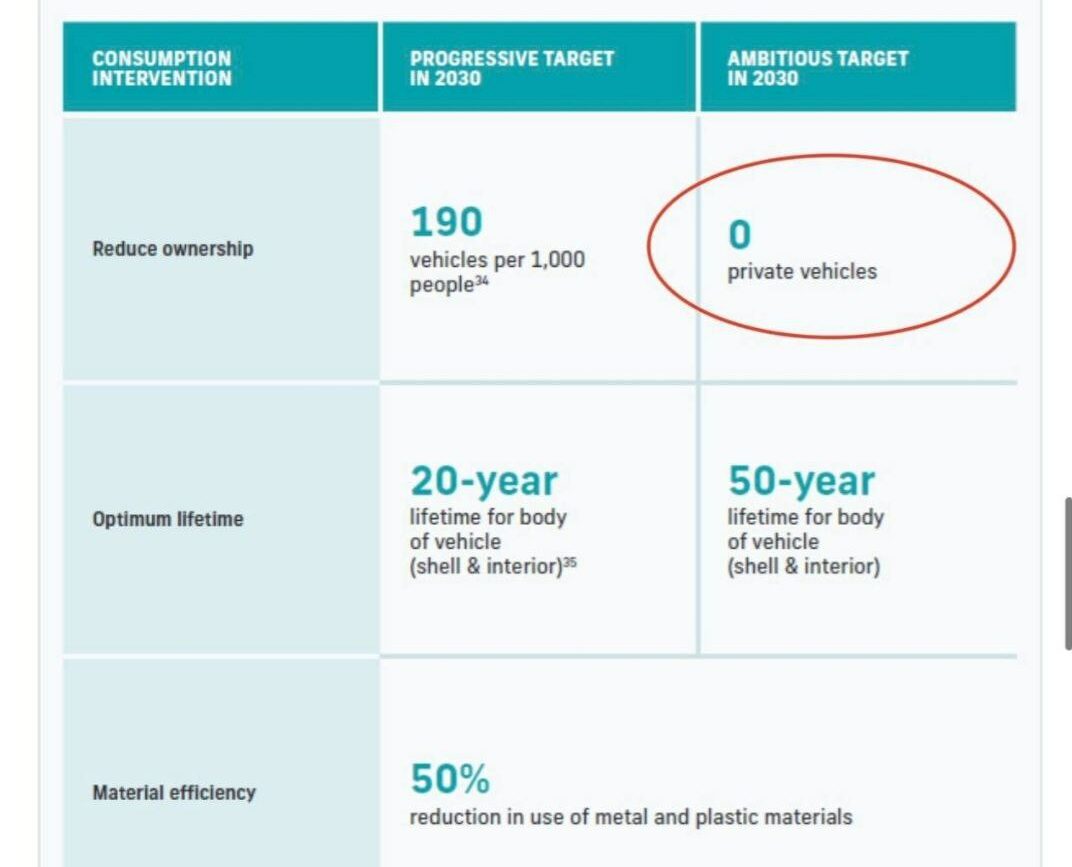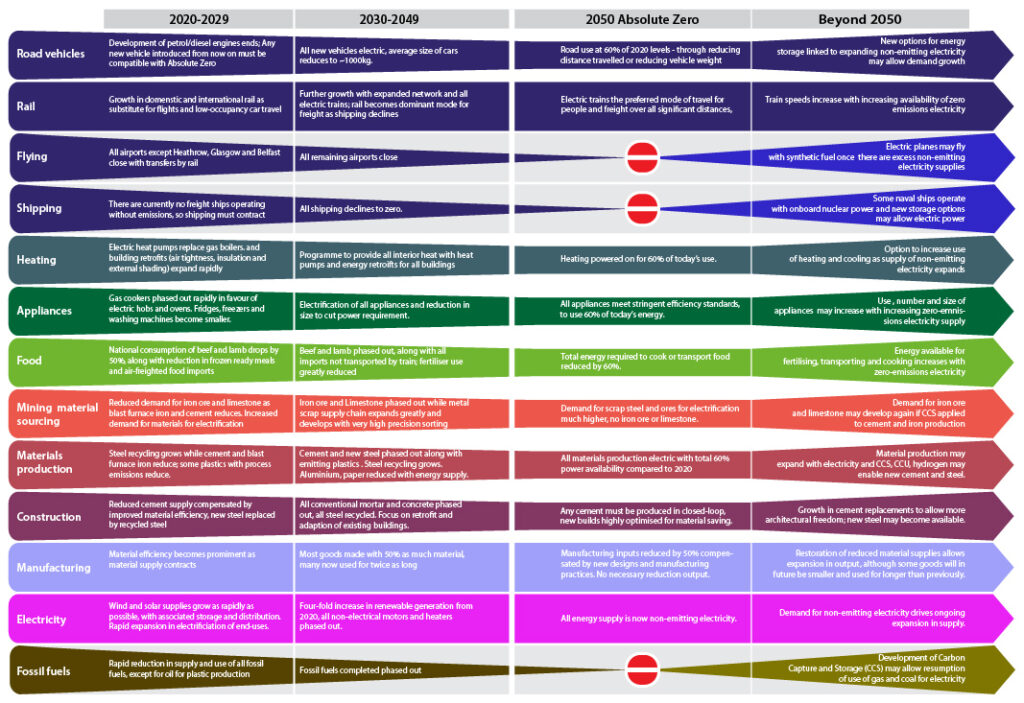The ugly truth is that many “recyclables” sent to recycling plants are never recycled. The worst is plastic. Even Greenpeace now says, “Plastic recycling is a dead-end street.”
…It would be smarter to just dump our garbage in landfills.People think landfills are horrible polluters. But they’re not. Regulations (occasionally, government regulations are actually useful) make sure today’s landfills have protective barriers so they don’t leak.
Eventually, landfills are turned into good things: ski hills, parks and golf courses.
But aren’t we running out of landfill space? For years, alarmist media said we were. But that’s not true.
Emissions
Browse the articles related to this topic below.
Join our community on Guilded.
We are nearing a turning point for democratic support for environmentalism. Gordon Brown’s 2008 Climate Change Act legislated to slash CO2 emissions by 80 per cent by 2050, a seismic shift pushed through with little debate but much superficial public approval. Theresa May strengthened this to 100 per cent by 2050, the “net zero” target; again, the public liked the sound of this, if not of Mrs May. China will continue to increase its emissions by more than we cut ours, but our entire ruling class has signed up to this iron-clad legal framework, with no dissent tolerated.
Published June 2019
C40 is delighted to publish this pioneering piece of thought leadership, The Future of Urban Consumption in a 1.5°C World. The report demonstrates that mayors have an even bigger role and opportunity to help avert climate emergency than previously thought. But to grasp that opportunity, city leaders need to be even more entrepreneurial, creating and shaping markets and engaging in sectors that may not previously have been considered within the domain of city government, and working out how to support their citizens and businesses in achieving a radical, and rapid, shift in consumption patterns.


Key messages in this report
• Behaviour change is essential for achieving climate and environment goals, and for delivering wider benefits.
• The Government’s current approach to enabling behaviour change to meet climate and environment goals is inadequate to meet the scale of the challenge.
• The public want clear leadership on the areas of behaviour change they should prioritise, and they want the Government to lead a coordinated approach to help them adapt by making change easier and fairer.
• Priority behaviour change policies are needed in the areas of travel, heating, diet and consumption to enable the public to adopt and use green technologies and products and reduce carbon-intensive consumption.
• There is a need for greater leadership and coordination across Government departments and with wider society on behaviour change for climate and environmental goals.
• The Government needs to provide a positive vision and clear narrative on how the public can help achieve climate and environment goals, and to lead by example.
• Information is not enough to change behaviour; the Government needs to play a stronger role in shaping the environment in which the public acts, through appropriately sequenced measures including regulation, taxation and development of infrastructure.
• Fairness is key to effective behaviour change.
• Businesses have a critical role to play in enabling behaviour change through increasing the affordability and availability of greener products and services, and engaging customers and employees.
• Government should also support and celebrate civil society organisations, faith communities and local authorities delivering local behaviour change projects.
• Government should learn from examples of where it has effectively enabled behaviour change, including during the COVID-19 pandemic, as well as from past failures.
While transport and buildings are the major drivers for emissions in cities, the share of individual emissions is significant.
Personal carbon allowance programs have had limited success due to a lack of awareness and fair mechanism for tracking emissions.
Yet there have been major developments in recent years that could help realise “My Carbon” initiatives.
Recycling Is Garbage – The New York Times
Published June 30, 1996.
Believing that there was no more room in landfills, Americans concluded that recycling was their only option. Their intentions were good and their conclusions seemed plausible. Recycling does sometimes makes sense — for some materials in some places at some times. But the simplest and cheapest option is usually to bury garbage in an environmentally safe landfill. And since there’s no shortage of landfill space (the crisis of 1987 was a false alarm), there’s no reason to make recycling a legal or moral imperative. Mandatory recycling programs aren’t good for posterity. They offer mainly short-term benefits to a few groups — politicians, public relations consultants, environmental organizations, waste-handling corporations — while diverting money from genuine social and environmental problems. Recycling may be the most wasteful activity in modern America: a waste of time and money, a waste of human and natural resources.
Rob Verkerk, Founder, Executive and Scientific Director of the Alliance for Natural Health International, a scientist who has for 30 years been exploring positive ways to span the gulfs between science and the law, between academia and industry, and between governments and their people.
Backup mirror:
Absolute Zero Report – UK Fires
UK demand for energy-intensive materials is growing, driving increased emissions in the UK and abroad. UK FIRES is a research programme sponsored by the UK Government, aiming to support a 20% cut in the UK’s true emissions by 2050 by placing Resource E ciency at the heart of the UK’s Future Industrial Strategy.
We have to cut our greenhouse gas emissions to zero by 2050: that’s what climate scientists tell us, it’s what social protesters are asking for and it’s now the law in the UK. But we aren’t on track. For twenty years we’ve been trying to solve the problem with new or breakthrough technologies that supply energy and allow industry to keep growing, so we don’t have to change our lifestyles. But although some exciting new technology options are being developed, it will take a long time to deploy them, and they won’t be operating at scale within thirty years.

https://www.repository.cam.ac.uk/bitstream/handle/1810/299414/REP_Absolute_Zero_V3_20200505.pdf